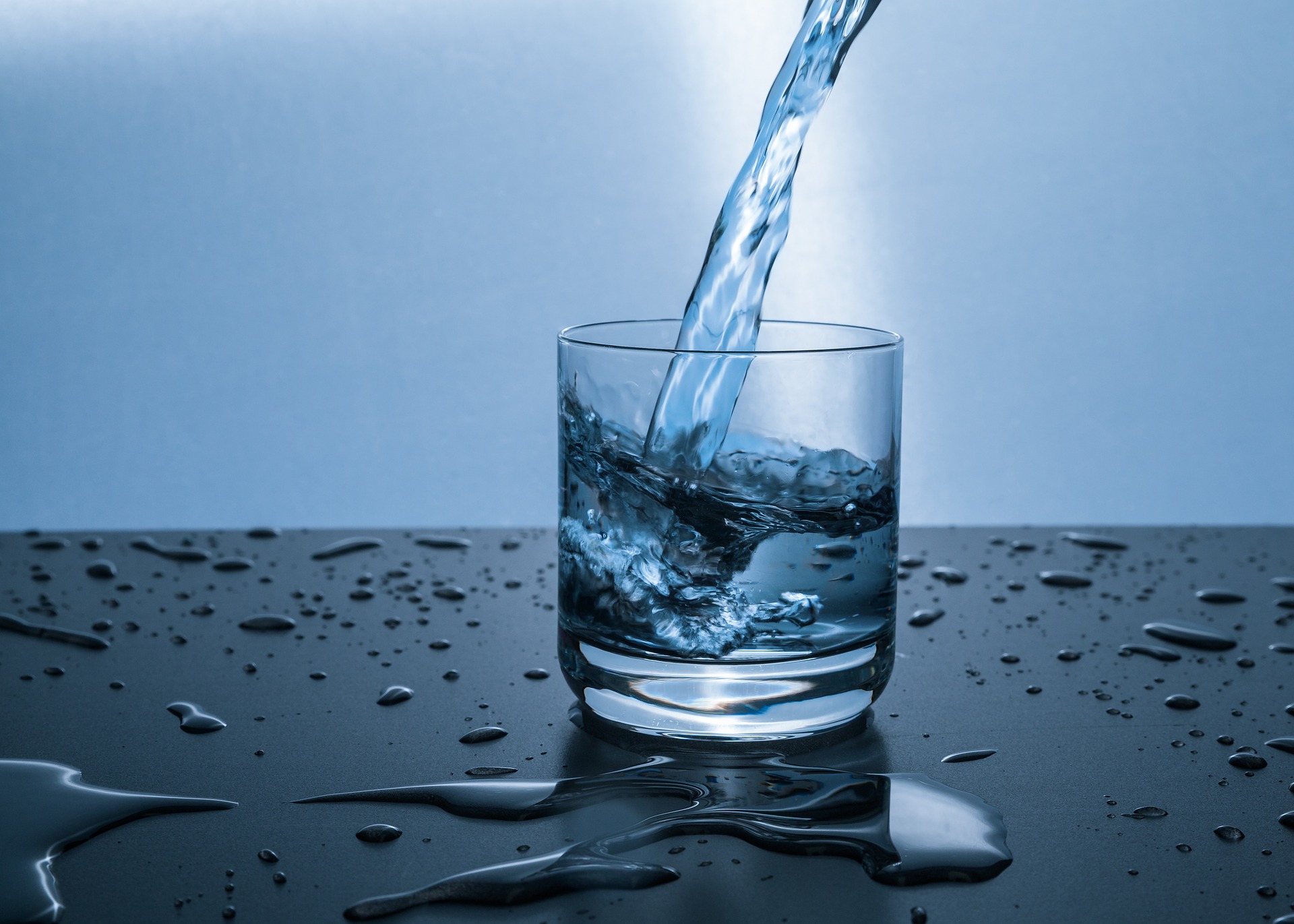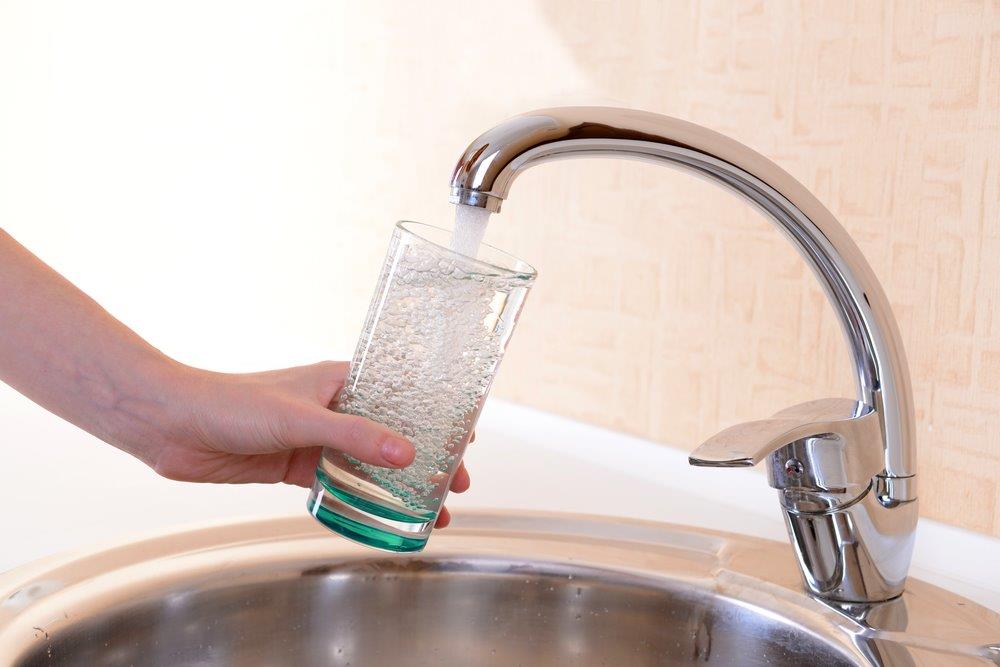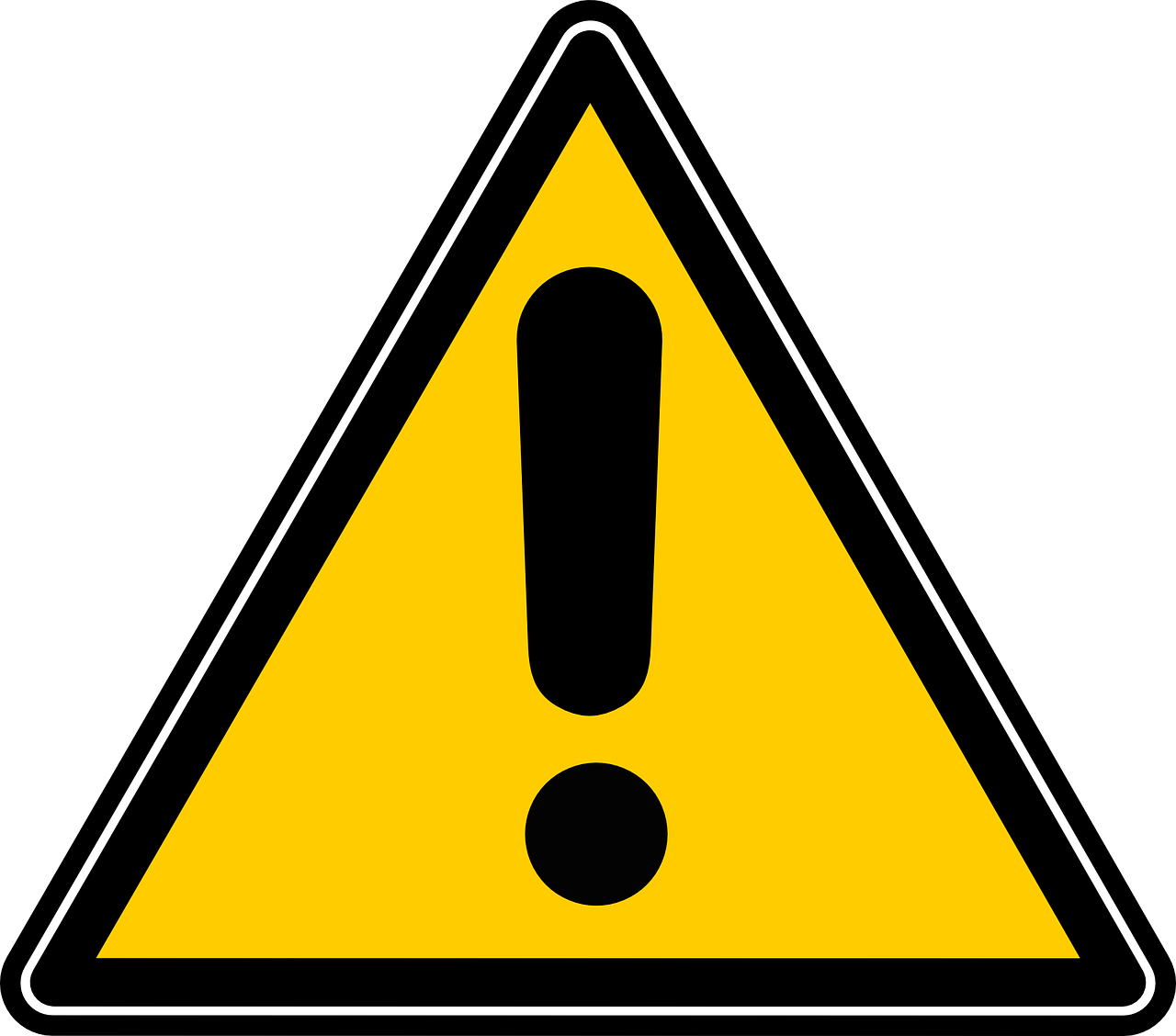Public Water Systems
Providing information and guidance for public water systems and their customers.
There are approximately 2,500 public water systems throughout the state. They include systems that serve municipalities, smaller residential communities, large work places, institutions, restaurants, hotels and campgrounds. Classification as a public water system (PWS) depends on the number of service connections (15 or more) or people served (25 or more) by the system at least 60 days each year.
The NHDES Drinking Water and Groundwater Bureau (DWGB) works to protect public health by ensuring safe and reliable drinking water through collaboration, education, assistance and oversight of these public water systems. DWGB accomplishes this mission through a number of activities, including administration of the federal Safe Drinking Water Act (SDWA) and state statutes. DWGB staff work with public water systems to explain these and many other requirements described in our state regulations.
All public water systems have requirements they must meet in order to provide safe and reliable water to consumers. If an impairment is discovered in a community or non-transient non-community water system, the owner has to notify the DWGB within 24 hours of discovery. Emergencies may require a water system to receive bulk water from an approved source, in which case NHDES must be notified within two business days. All community water systems are required to submit an updated emergency plan to DWGB every six years with the next round of submittal due in March 2021. For more information, visit the Water System Emergency Planning webpage.
Permit to Operate
The Permit to Operate (PTO) is based on a fee system established by New Hampshire State Statute RSA 485 in recognition of many services provided to PWSs. Most community and non-transient, non-community public water systems are required to annually update certain general system information and obtain a PTO, which is valid for the state fiscal year, which runs from July 1 to June 30. The annual fee for community systems is $10 per household or household equivalent, to a maximum of $300. The annual fee for non-transient, non-community systems is $150. You can access the Permit to Operate Application for your public water system by searching on OneStop. Contact the PTO Program for assistance.
Compliance Reports
We compile an annual compliance report that describes all facets of compliance, and a triennial governor’s report that describes all technical/financial assistance to small public water systems.

NHDES may require that a water system implement a drinking water advisory in order to protect public health. Such advisories may be issued after detection of E. coli bacteria, a nitrate or nitrite exceedance, a lapse in system integrity, failure of a treatment process, or suspicion of other water-borne pathogens. Water systems must fill distribute public notice.
 The Consumer Confidence Report (CCR) is an annual water quality report that a community water system provides to its customers. It explains the quality of the drinking water, any contaminants in the water and how their health may be affected, and future protection. Community water systems must directly deliver a CCR to each consumer and NHDES by mail, hand delivery, or electronically by July 1 annually. The certification page must be submitted to NHDES by July 10. DWGB provides a CCR guidance document for water systems. Contact Us.
The Consumer Confidence Report (CCR) is an annual water quality report that a community water system provides to its customers. It explains the quality of the drinking water, any contaminants in the water and how their health may be affected, and future protection. Community water systems must directly deliver a CCR to each consumer and NHDES by mail, hand delivery, or electronically by July 1 annually. The certification page must be submitted to NHDES by July 10. DWGB provides a CCR guidance document for water systems. Contact Us.

The DWGB provides templates to assist water systems in meeting public notice requirements. The Notice of Violation (NOV) directs the water system to the correct template and contains the information needed to complete the public notice. Please carefully read the instructions accompanying each template. If you have any questions, please refer to your NOV for contact information.
Resources
Related Content
Funding Opportunities!
Public water system projects such as updating infrastructure, asset management and source water protection can be a financial challenge. NHDES is here to help!
Blog
How Do Your Rates Compare?
The 2024 NH Water and Wastewater Rate Dashboard is now available with updated rate information from New Hampshire water systems. The dashboard can be used as a tool to help guide decisions about water and wastewater rates, providing rate comparisons, financial metrics and other system performance measures. Water rates should be designed to provide a sustainable and reliable revenue source for the system to recover the full cost of providing water service, including maintaining the desired level of service by properly funding operations and repairs and replacements of infrastructure.
Lead Service Line Replacement Funding
New Hampshire’s public water systems (PWSs) have been busy over the last year to ensure compliance with USEPA’s Lead and Copper Rule Revision (LCRR). Community (C) and non-transient non-community (NTNC) water systems have been compiling data through a records review process and field investigations to develop a service line inventory. The federal deadline is fast approaching – by October 16, approximately 1,200 New Hampshire PWSs are required to submit an initial inventory of their service lines to NHDES.
Contact Us
Drinking Water and Groundwater Bureau
General Information:
(603) 271-2513
dwgbinfo@des.nh.gov






